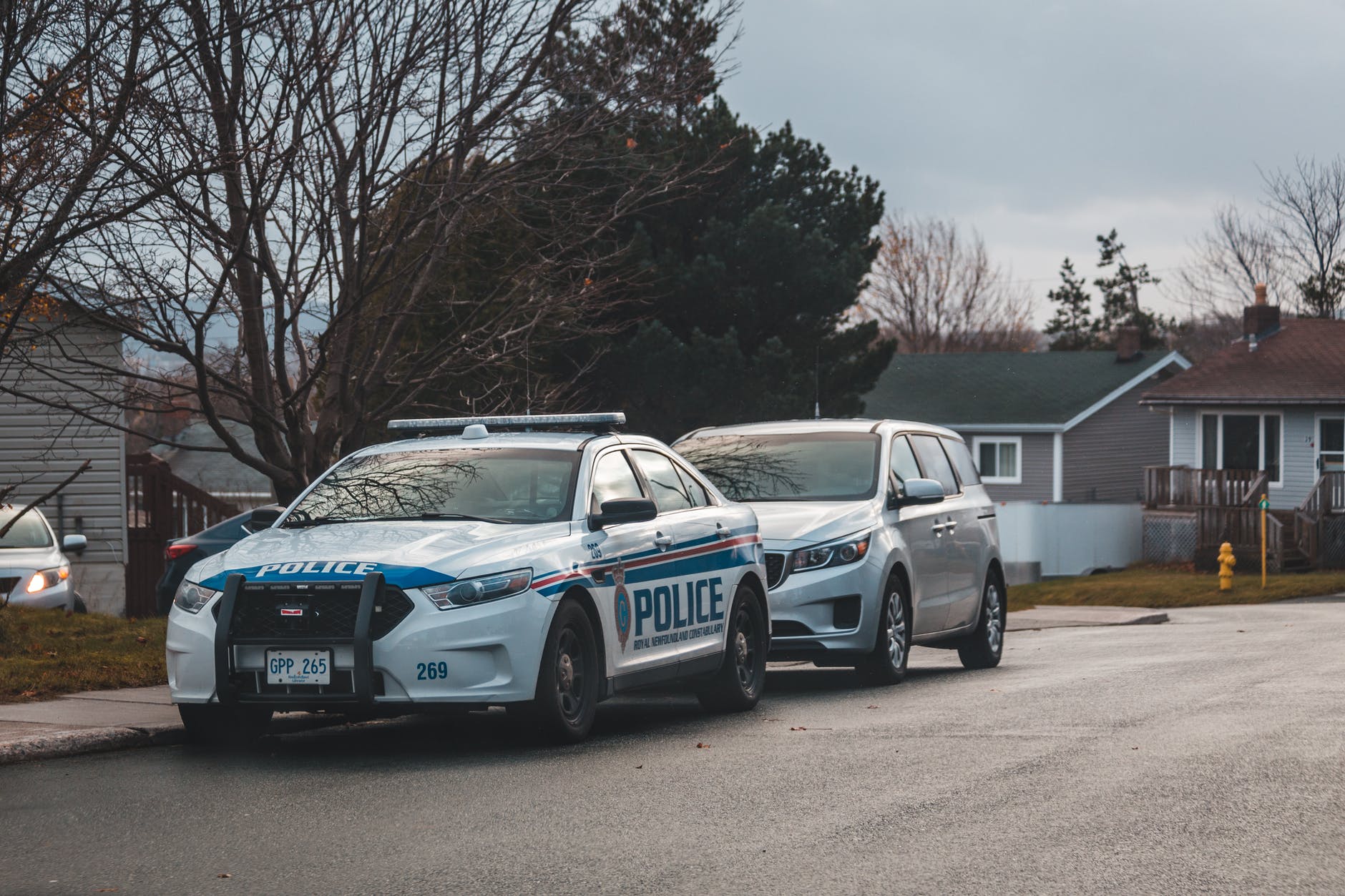
You’ve heard it on every movie and TV series with a crime in the plotline: “Anything you say can, and will, be held against you in a court of law.”
Let this be the first thing that comes to mind when you are encountered by a police officer who suspects you broke the law. You may not think that you will ever have a run-in with the police, but it’s always better to be prepared. In case an unfortunate situation does arise, have this knowledge stored away so you can act in your best interest.
A police officer may approach you for a number of reasons. You may appear to need help, you may be a potential witness for questioning, or you might be suspect in committing a crime. In most situations involving police, you are required to identify yourself by sharing your real first and last name.
If a police officer asks you questions and you make false statements or provide a false name, Utah criminal law may impose penalties against you. While you have to share your name, you do not have to answer any of the officer’s questions, thanks to the Fifth Amendment.
If you don’t want to speak to the police officer, don’t walk or run away. This will be viewed as suspicious behavior and give police a reason to detain you. Later, your decision to leave the encounter in the manner could be used against you in courts. It’s best to politely decline until you can speak with a lawyer present.
You are cruising home from your office in downtown Salt Lake City and see those formidable lights in your rearview mirror. You pull to the right and await your fate.
It’s always best to stay in your car, roll your window down, and keep your hands where the officer can see them. If it’s dark, turn the light on inside your car.
As you know, the officer will ask for your driver’s license, registration, and proof of insurance. If there is a suspicion that you are driving drunk, you will be asked to take a coordination and breath-alcohol test. Failing the tests will lead to your arrest. If you are arrested your car will be fair game to search.
If you respect your neighbors and the people you live with, the police shouldn’t knock on your door. Expect the police to show up if your neighbors report concerns about your residence, if someone living in your home calls 9-1-1, or if police need to question you as part of a criminal investigation. If obvious criminal activity is in plain sight and you are arrested, police may search the area.
Otherwise, police may enter your home if they have a search warrant. If an officer comes to your home with a warrant, ask to see it and verify the correct address is on it.
Once you are arrested, there is nothing to gain by conversing with a police officer. Your best course of action is to exercise your Fifth Amendment rights and stay silent until you can speak with a defense lawyer. Police may want to detain you for questioning and will then book you into jail. Again, throughout the entire process, exercise your right to remain silent. You are not required to answer any questions beyond your first and last name.
If a police officer arrests you and you don’t believe he or she had a substantial reason to do so, remain calm. Even if you are innocent, do not further complicate the situation by resisting and opening the door to more criminal charges.
In any arrest situation, ask to see your lawyer right away. If you don’t have a lawyer, the police will tell you how to contact one. If you can’t afford one, the court will appoint a lawyer to you. Do not sign anything or make any decisions until you have a lawyer on your team.
After you are arrested, you may ask the police to call a friend or family member. Do not say anything during the call that could be used against you in your case. These conversations are recorded.
Even if you are innocent, you are still not safe to speak freely if police suspect you’ve committed a crime. You may know you are innocent, but the police have no way of knowing that until the circumstances are investigated further. You may unintentionally say something that incriminates you. There are plenty of innocent people in jail who spoke when they shouldn’t have, and we don’t want you to be one of them.
The big takeaways are always be cooperative and respectful, but remember you have rights!
If you have been accused of a crime in Utah, call us at Brown, Bradshaw, and Moffat so we can discuss your case and help you achieve the best outcome.

